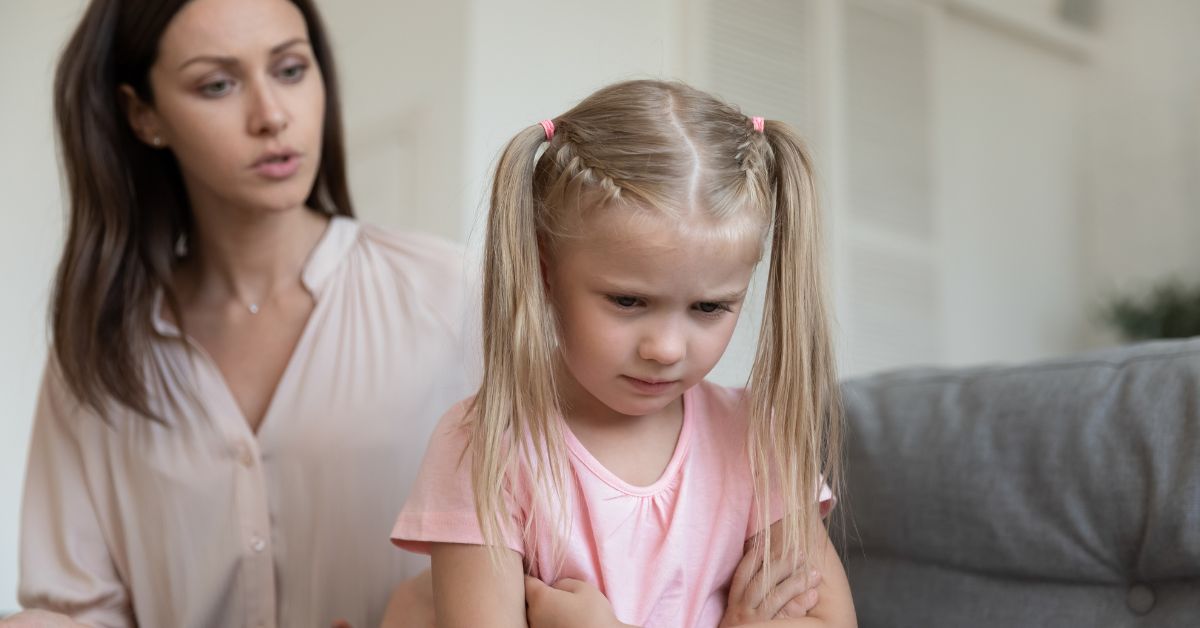In the quest to nurture successful and well-rounded children, parents often resort to criticism and comparisons as motivational tools. However, these practices can have detrimental effects on a child’s self-esteem and confidence. Understanding the psychological impact of criticism and comparisons is crucial for fostering a supportive and healthy developmental environment for children. This article delves into the negative consequences of these behaviors, backed by psychological research, and offers practical strategies for positive reinforcement.
The Psychological Impact of Criticism and Comparisons
The Development of Self-Esteem
Self-esteem refers to an individual’s overall sense of self-worth or personal value. It is shaped significantly during childhood through interactions with parents, peers, and teachers. According to psychologist Carl Rogers, positive regard and unconditional love from parents are foundational to developing healthy self-esteem. Conversely, criticism and comparisons can erode this foundation, leading to feelings of inadequacy and self-doubt.
The Role of Social Comparison Theory
Social Comparison Theory, introduced by psychologist Leon Festinger, explains how individuals determine their own social and personal worth based on how they stack up against others. Children naturally engage in comparisons as they seek to understand their place in the world. However, when parents constantly compare their children to others, it can intensify feelings of inferiority and competitiveness, rather than fostering self-improvement.
The Consequences of Criticism and Comparisons
Diminished Self-Worth
Persistent criticism, even if well-intentioned, can lead to a diminished sense of self-worth in children. When children feel that they are never good enough, they may internalize these feelings, leading to chronic self-doubt and a negative self-image. Studies have shown that children who experience high levels of criticism are more likely to develop anxiety and depressive disorders.
Reduced Confidence and Risk-Taking
Confidence is crucial for learning and growth. Children who are frequently criticized may develop a fear of failure, becoming risk-averse and avoiding new challenges. This fear stifles creativity and the willingness to try new things, which are essential components of personal and academic success.
Negative Internal Dialogue
Criticism and comparisons can contribute to the development of a negative internal dialogue. Children may start to criticize themselves, adopting the critical voice of their parents. This negative self-talk can persist into adulthood, affecting mental health and well-being. Cognitive-behavioral therapy (CBT) often addresses these ingrained thought patterns, highlighting their deep-rooted nature and the long-term impact of early criticism.
The Data on Criticism and Comparisons
Research Findings
Research has consistently shown the adverse effects of criticism and comparisons on children’s development. A study published in the “Journal of Youth and Adolescence” found that children who experienced high levels of parental criticism were more likely to exhibit symptoms of anxiety and depression. Another study in “Child Development” highlighted that children subjected to frequent comparisons were more prone to developing low self-esteem and social anxiety.
Expert Opinions
Child psychologists emphasize the importance of positive reinforcement over criticism. Dr. Laura Markham, a clinical psychologist, advocates for an approach that focuses on encouraging effort and celebrating small successes. She notes that positive reinforcement helps build a child’s self-esteem and intrinsic motivation, leading to healthier psychological development.
Strategies for Positive Parenting
Focus on Effort, Not Outcomes
Praising effort rather than outcomes encourages a growth mindset, where children learn to value hard work and perseverance. Statements like “I’m proud of how hard you worked on this project” can be more impactful than “Why didn’t you get a higher grade?” This approach helps children understand that effort leads to improvement and success.
Individualized Praise
Recognizing each child’s unique strengths and accomplishments fosters a sense of individuality and self-worth. Avoid making comparisons with siblings or peers. Instead, celebrate personal achievements, no matter how small they may seem. This reinforces the idea that each child is valuable in their own right.
Constructive Feedback
When feedback is necessary, make it constructive and supportive. Focus on specific behaviors rather than general character traits. For example, say, “You did a great job organizing your homework, but let’s work on checking for mistakes,” instead of “You’re always so careless.” Constructive feedback helps children understand areas for improvement without feeling attacked.
Model Positive Self-Talk
Children learn by example. Demonstrate positive self-talk and self-compassion in your own behavior. When you make a mistake, model how to handle it gracefully by saying something like, “I made a mistake, but I can learn from it and do better next time.” This teaches children to adopt a healthier internal dialogue.
Building a Supportive Environment
Encouraging Open Communication
Create an environment where children feel safe to express their thoughts and feelings. Open communication helps children share their successes and struggles without fear of criticism. This fosters trust and strengthens the parent-child relationship.
Providing Emotional Support
Emotional support is crucial for developing resilience. Be available to listen and empathize with your child’s experiences. Validate their feelings and provide reassurance. This support helps children develop emotional intelligence and the confidence to face challenges.
Setting Realistic Expectations
Set realistic and attainable expectations for your children. Understand their individual capabilities and avoid pressuring them to meet unrealistic standards. Celebrate progress and effort, and provide encouragement to keep trying even when they face setbacks.
Conclusion
Criticism and comparisons can significantly undermine a child’s self-esteem and confidence, leading to long-term psychological consequences. Understanding the detrimental effects of these practices is essential for fostering a supportive and nurturing environment.
By focusing on positive reinforcement, individualized praise, constructive feedback, and emotional support, parents can help their children develop a healthy sense of self-worth and confidence. Creating a foundation of unconditional love and support is the key to raising resilient, confident, and emotionally healthy children.







